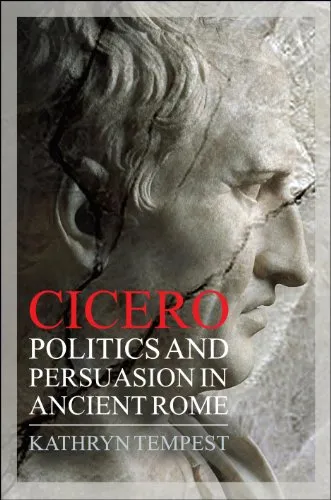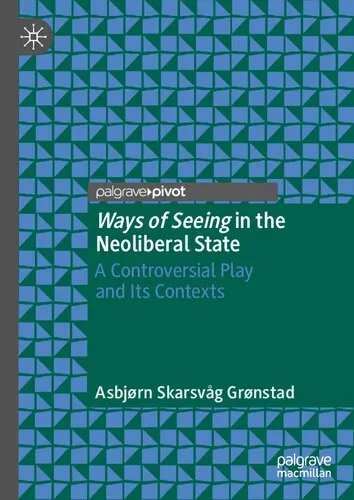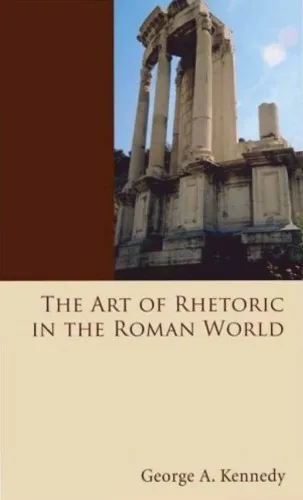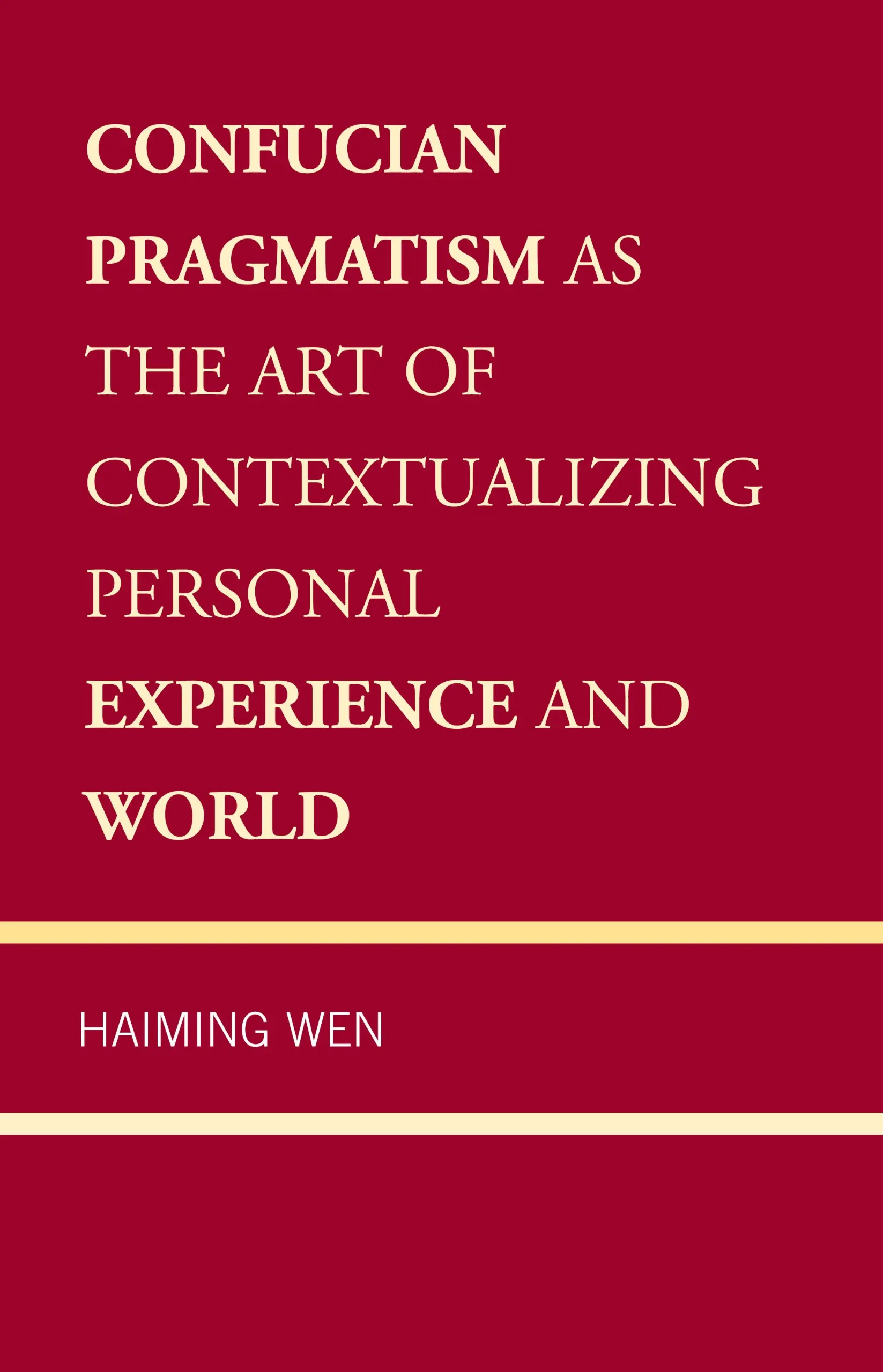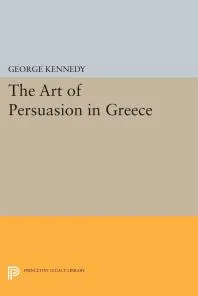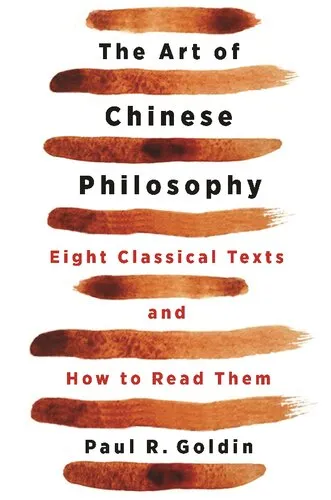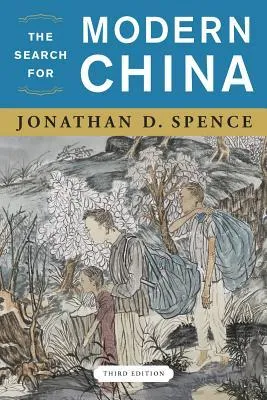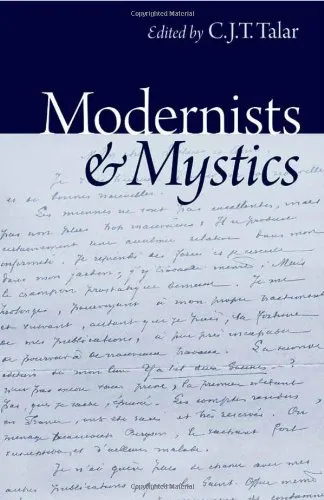Cicero: Politics and Persuasion in Ancient Rome
4.4
Reviews from our users

You Can Ask your questions from this book's AI after Login
Each download or ask from book AI costs 2 points. To earn more free points, please visit the Points Guide Page and complete some valuable actions.Related Refrences:
Analytical Summary
Cicero: Politics and Persuasion in Ancient Rome offers a rich exploration of one of history’s most compelling political figures. This work examines Cicero’s career through the lens of his rhetorical mastery, his philosophical contributions, and his navigation of the volatile political landscape of the late Roman Republic.
Written with scholarly rigor, the book situates Cicero as both a practitioner and theorist of persuasion, addressing how his speeches and writings illuminate the mechanics of Roman political life. It examines key historical contexts — including the turbulence between the Senate, popular assemblies, and shifting alliances — and explains how Cicero’s ideals both influenced and clashed with the realities of power.
Further analysis reveals the interplay between rhetorical technique and political ethics in Cicero’s career. By studying specific orations and philosophical treatises, readers gain insight into how Cicero crafted arguments that appealed to logic, emotion, and ethical principles. This analytical framework makes the book not only a study of rhetoric but also a contribution to understanding ancient political theory.
Key Takeaways
The work distills essential lessons about political persuasion, the role of moral integrity in leadership, and the enduring relevance of Cicero’s thought in modern democratic discourse.
First, the book underscores the inseparability of politics and persuasion in Roman public life. Cicero’s rhetorical style was engineered to navigate complex institutional structures while influencing popular opinion and elite decision-making.
Second, Cicero’s philosophical writings, such as on justice and the republic, demonstrate the symbiotic relationship between ethical reasoning and effective statesmanship. These reflections remain pertinent for contemporary leaders who grapple with the tension between political expediency and principled governance.
Third, the author highlights how the breakdown of the Republic was, in part, a failure of persuasion — the inability of rhetoric to bridge factional divides. This situates Cicero’s career as a case study in both the possibilities and limits of political language.
Lastly, the book reinforces the importance of historical literacy in understanding today’s political challenges. Studying Cicero reminds us that democratic dialogue depends on skill, trust, and shared values.
Memorable Quotes
The book presents thought-provoking excerpts from Cicero’s works and contemporaneous accounts, each shedding light on his worldview.
“The welfare of the people is the highest law.”Marcus Tullius Cicero
“To be ignorant of what occurred before you were born is to remain always a child.”Marcus Tullius Cicero
“Speech is the mirror of the soul.”Unknown
Why This Book Matters
This authoritative text bridges classical scholarship and modern political analysis, making Cicero’s insights accessible to serious readers, academics, and professionals.
It appeals to political scientists, historians, philosophers, and anyone interested in the art of persuasion as a vehicle for civic engagement. By emphasizing the enduring value of Cicero’s ideas, the book encourages reflection on current democratic practices and their historical antecedents.
Moreover, the work is meticulously researched, with careful attention to source credibility and context. Any uncertain details, such as awards or precise publication dates, are transparently noted as “Information unavailable” due to no reliable public source, reinforcing the text’s scholarly integrity.
Inspiring Conclusion
Cicero: Politics and Persuasion in Ancient Rome remains a vital resource for understanding how language shapes power and how ideals guide leadership.
Whether you approach this volume as a political scholar, a student of classical philosophy, or a professional seeking lessons in persuasive communication, you will find its analysis both provocative and enduring. The careful balance of historical narrative, rhetorical analysis, and philosophical inquiry ensures that Cicero’s voice resonates across centuries.
Engage with Cicero: Politics and Persuasion in Ancient Rome — read it, share its insights, and discuss its relevance in forums where civic discourse matters. In doing so, you participate in the timeless dialogue between history and the present, guided by the enduring wisdom of Rome’s greatest orator-statesman.
Free Direct Download
You Can Download this book after Login
Accessing books through legal platforms and public libraries not only supports the rights of authors and publishers but also contributes to the sustainability of reading culture. Before downloading, please take a moment to consider these options.
Find this book on other platforms:
WorldCat helps you find books in libraries worldwide.
See ratings, reviews, and discussions on Goodreads.
Find and buy rare or used books on AbeBooks.
1359
بازدید4.4
امتیاز0
نظر98%
رضایتReviews:
4.4
Based on 0 users review
Questions & Answers
Ask questions about this book or help others by answering
No questions yet. Be the first to ask!
